Boost nutrition, flavor and color in meals and snacks
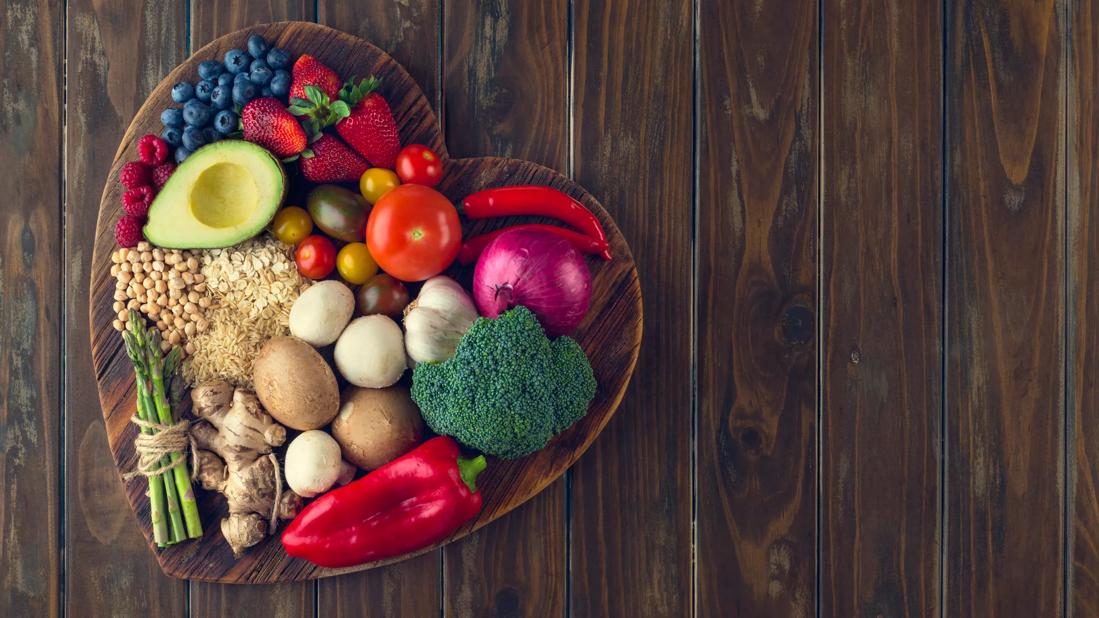
A healthy diet can be good for your heart as well as your waistline.
Advertisement
Cleveland Clinic is a non-profit academic medical center. Advertising on our site helps support our mission. We do not endorse non-Cleveland Clinic products or services. Policy
“You can definitely reduce your risk of developing cardiovascular disease by eating certain foods every day,” says preventive cardiology dietitian Julia Zumpano, RD, LD. “There is a great variety of fruits and vegetables that are good for your heart.”
“Try to eat foods that are in their natural form, as they come from the ground,” Zumpano says, recommending what she calls the “whole-foods diet.”
That diet includes, of course, heart-healthy foods such as nuts, fish, whole grains, olive oil, vegetables and fruits, but don’t be afraid to treat yourself occasionally with a glass of red wine or a piece of dark chocolate, Zumpano says. She suggests using this list as a guide to create meals and snacks with a healthy focus. Just a few simple swaps could make a big difference for your cardiovascular health.
Advertisement
Advertisement
Learn more about our editorial process.
Advertisement
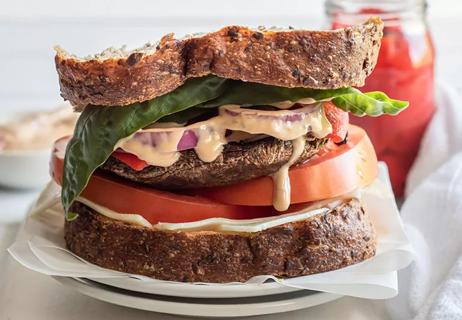
A satisfying veggie option with a kick
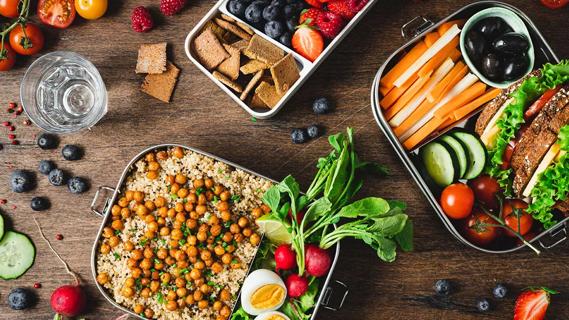
No more scrambling to figure out what to eat during your busy week
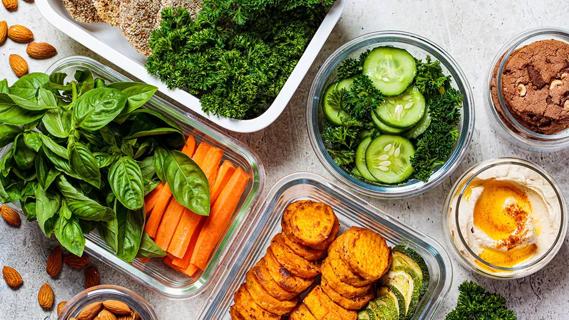
Set yourself up for success by carefully choosing your recipes, storage containers and prepping day

A colorful side dish to brighten any meal
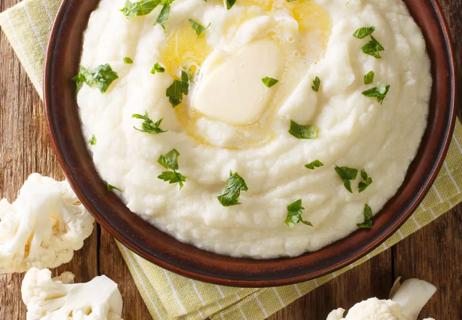
A creamy mashed cauliflower that’s sure to please
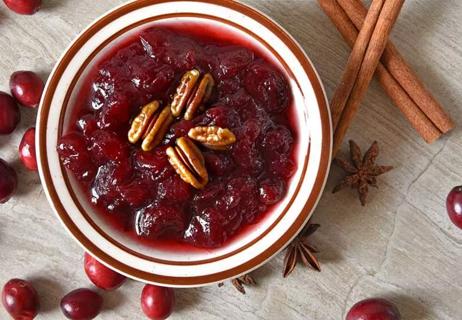
Impress your Thanksgiving guests with this homemade treat!

These breaks may have some benefits — but they promote an unhealthy attitude toward food

Type 2 diabetes isn’t inevitable with these dietary changes

Applying a hot or cold compress can help with pain